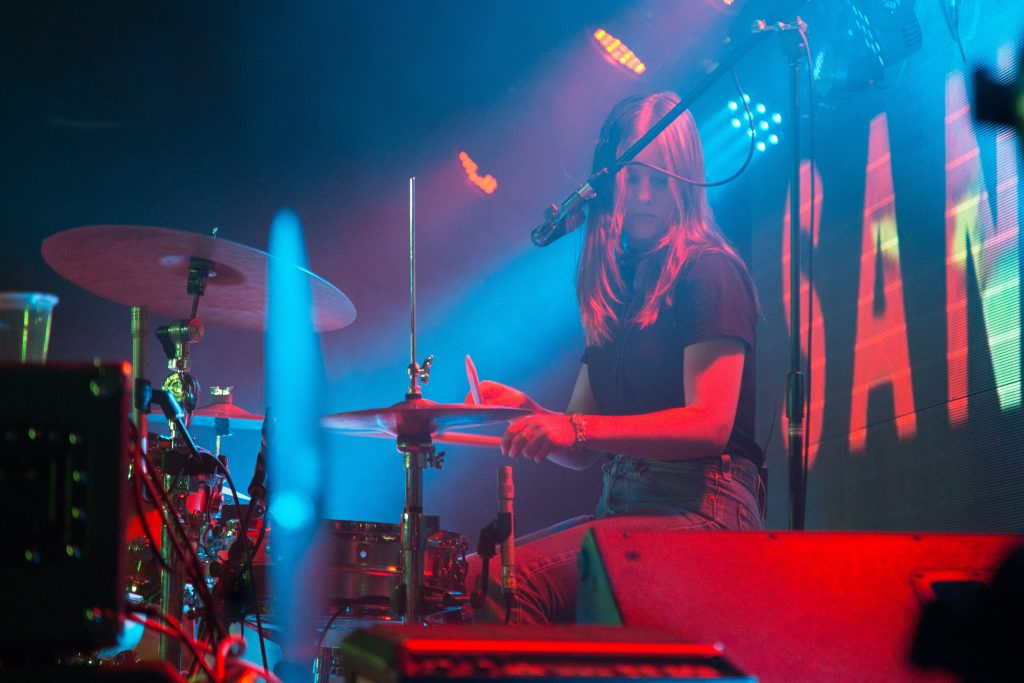Writing Coach Insights: Being Frankenstein

I’m a student of the drums. When I was first learning to open and close the high hat, I jokingly called my left leg “Frankenstein” because of how heavy and clumsy it felt when I tried to make that foot respond. I knew what I wanted it to do, but it didn’t know how to react promptly or gracefully. It came in at the wrong time and moved sloppily. It had no musical vocabulary. All it knew, at that point, were two actions: “move” and “be still.”
By now, my left foot does a little better, although, indeed, its vocabulary remains quite limited compared to experienced drummers. However, a certain degree of technique has integrated into my brain, enough that you might even say that my left foot is now capable of a certain musicality.
The fumbling stage was not “wrong” or “bad.” In fact, it was necessary in order to get to the point where I am now. You have to make the big, sloppy movements before you can make the graceful, refined ones. You have to get in over your head before you can learn to swim.
This transition may happen gradually or may occur as a sudden epiphany: the brain suddenly fuses critical connections and you have a “Eureka” moment. The left foot suddenly can keep time pretty well. It comes in at the right moment, keeps the high hat open for just the right number of seconds, and closes it with precision. Wow. What happened? Or maybe it takes a little longer than that; you practice opening and closing first before trying the technique in an actual song. Either way, it is the transition from thinking into being, from thought into consciousness, from effort into effortlessness, that allows you to play well.
It is the same, of course, with writing. You need to learn the technique, but if that transition doesn’t happen, that ineffable shift into a higher understanding, from effort into instinct, you cannot access true creativity; you can’t sufficiently lose your boundaries between you and your medium, whether it’s language or painting or mathematics. What I mean here is the way that after years of driving, you become one body with the car on your way to and from work, enough that you can’t remember one detail of the trip once you’ve arrived; when I create jewelry, the pliers become an extension of my hands. You become an aspect of the medium and something bigger moves you and it together.
This is the state of genius, and it is available to everyone. Just choose a medium.
But, just as much as we all want to attain this kind of transcendent creative state, everyone has to be Frankenstein before they can be Einstein. You must be a beginner before you can be brilliant, which is why there is so much honor in starting anything new, in putting your hands in the dirt and planting a new seed. As you learn to write, it is critical to know that ignorance is a critical stage of genius. If you resist the “not-knowing” part, if you are fearful of the role of student, if you think it will make you less to expose your lack of expertise, then, in fact, you will remain in ignorance. So, don’t be afraid. Just get in there and get your hands dirty, you budding geniuses, you.







